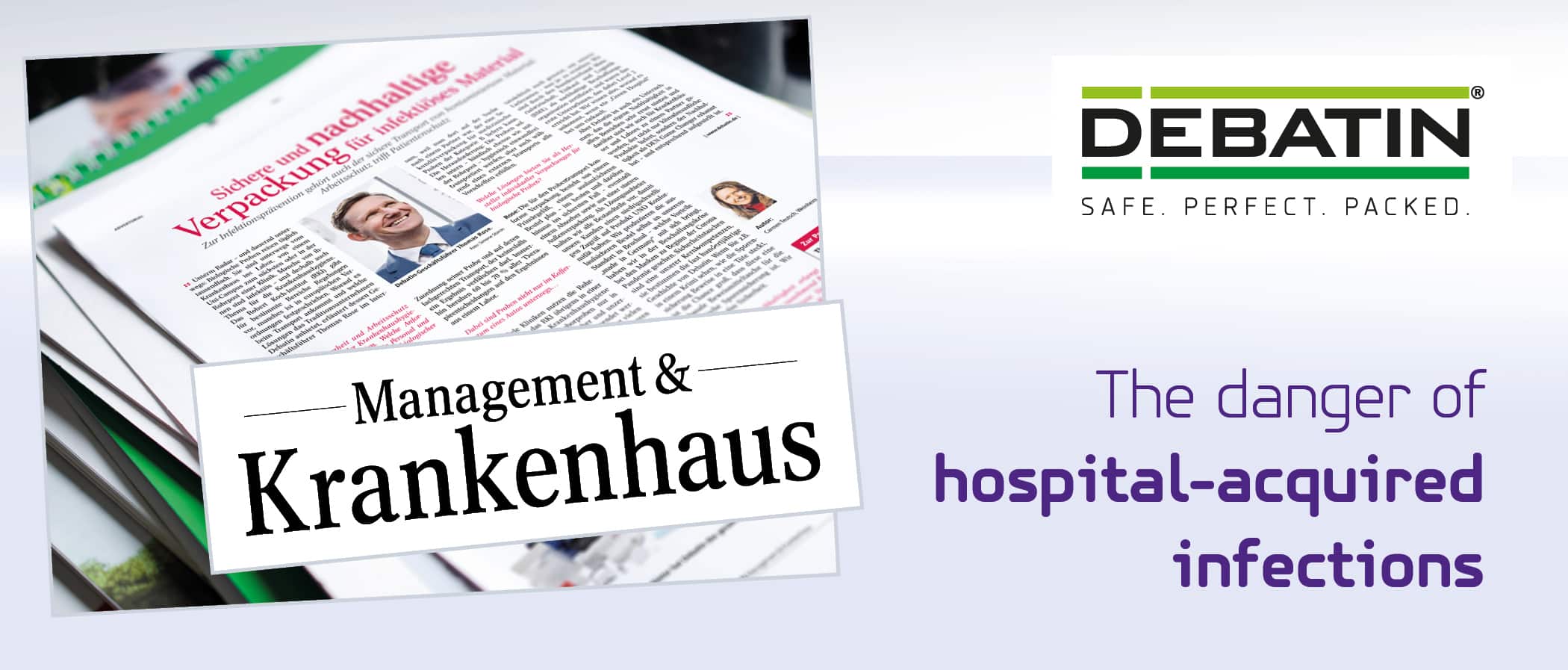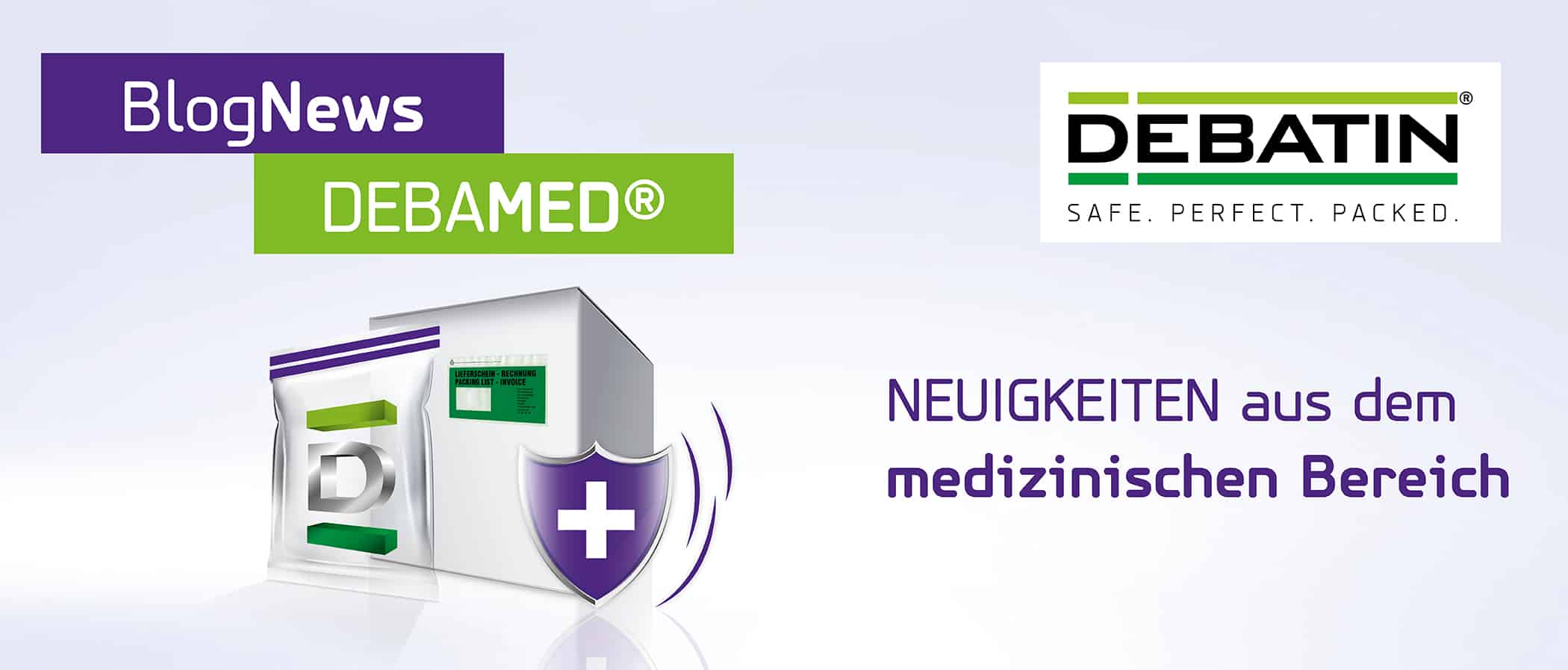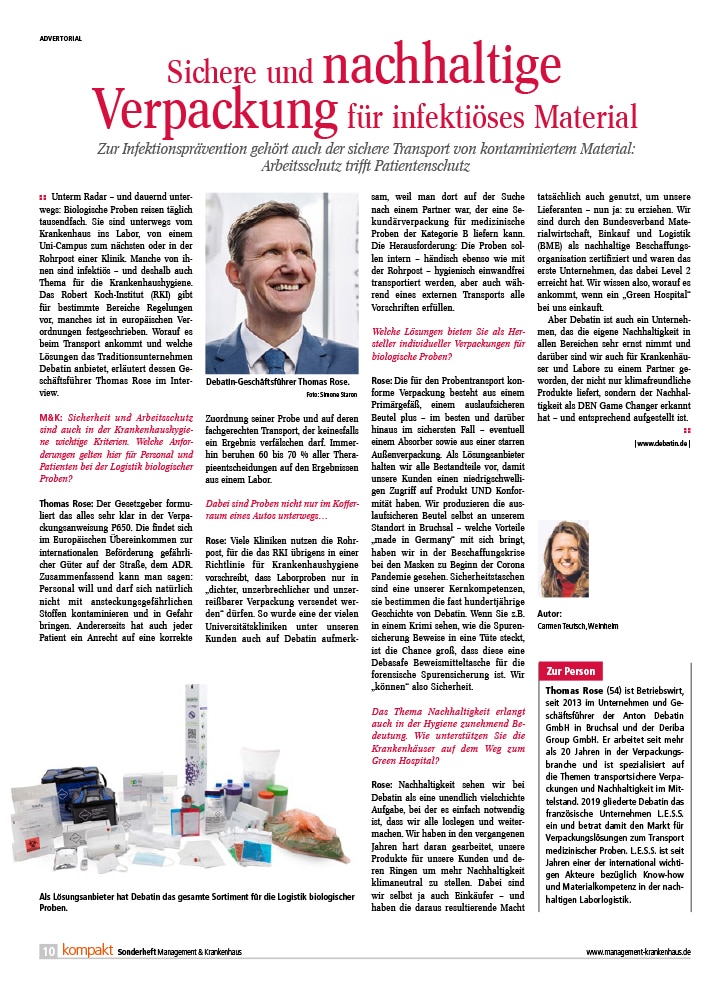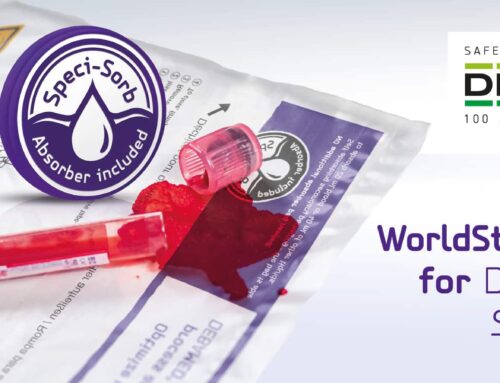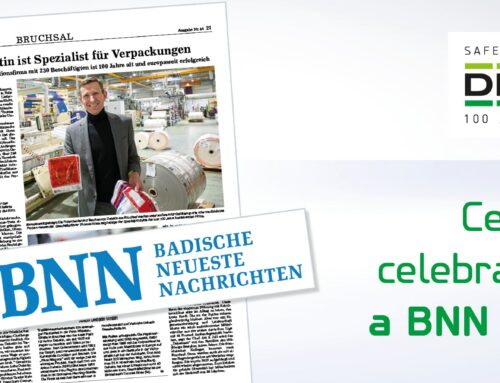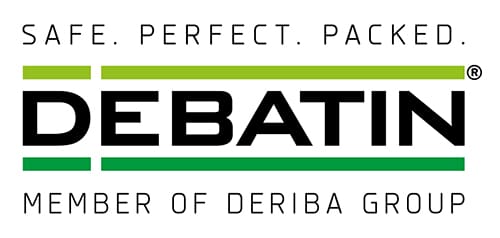Every year, between 400,000 and 600,000 patients in Germany acquire infections in hospitals. Some of these hospital-acquired infections, or HAIs (technically known as “nosocomial infections”, nosokomeion being the Greek word for hospital) are harmless, but some end in the death of the patient. To maintain high standards in hospital hygiene, doctors who specialise in hygiene work with infection control teams to minimise the risk of hospital-acquired infections and thus avoid the pain and distress that so often accompanies them.
Potentially infectious biological samples pose a high risk in this context. In hospitals, patient specimens are transported back and forth on a regular basis, and unless they’re packaged correctly (even if they’re not leaving the building!) they carry a high risk potential for spreading hospital-acquired infections. Lots of work, in other words, for the infection control teams!
Teaching hospitals find DEBATIN’s solutions
The scientific journal M&K recently interviewed DEBATIN’s CEO Thomas Rose to find out more. In the interview, which was published in the journal at the beginning of October, Thomas Rose clarifies just how important health and safety measures are for hospital staff when transporting biological samples. “Employees don’t want to – and should not – be contaminated or endangered by infectious substances. The other side of the coin is the patients, who have a right to know their samples are assigned and transported correctly, so that results are not impacted. Because no fewer than sixty to seventy percent of all treatment decisions are based on the results from the lab!”
The interview also addresses the fact that hospital-acquired infections sometimes take roundabout routes. “We do business with a large number of teaching hospitals, one of which specifically chose DEBATIN because they needed a partner who could supply them with secondary packaging for category B medical samples. The challenge lay in meeting a wide range of specifications. Not only did the hospital require a hygienic solution for the internal transportation of samples – by hand or via PTT – but also one that met all requirements for external transportation.”
When infections occur, the infection control team needs to find out how and why!
Many hospitals have developed mandatory guidelines for transporting biological samples. For example, the Centre for Infectious Diseases at Heidelberg’s teaching hospital writes on its website: “Samples must always be transported in suitable, waterproof sample containers that are sealed tightly. The exact procedure is governed by national and international regulations. If a sample leaks during transport, a hospital hygiene officer must be informed and next steps discussed.”
An interview that fills the blanks
“This,” says Thomas Rose, “is exactly why we’re so glad about the interview. It gives us an opportunity to fill the blanks and intensify our involvement with hospital hygiene teams.”
In his interview with M&K, Thomas Rose outlines the planet-friendly solutions DEBATIN has developed to improve safety in hospital hygiene. The interview is published in German here:

